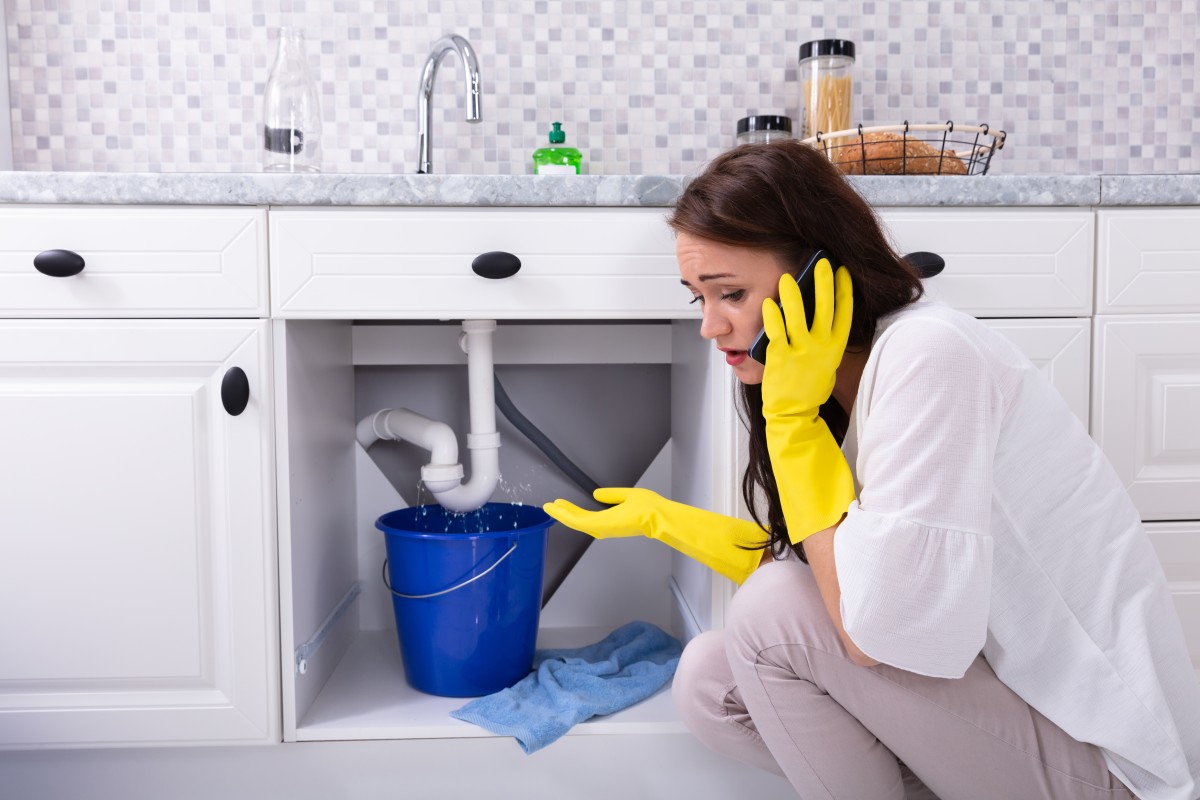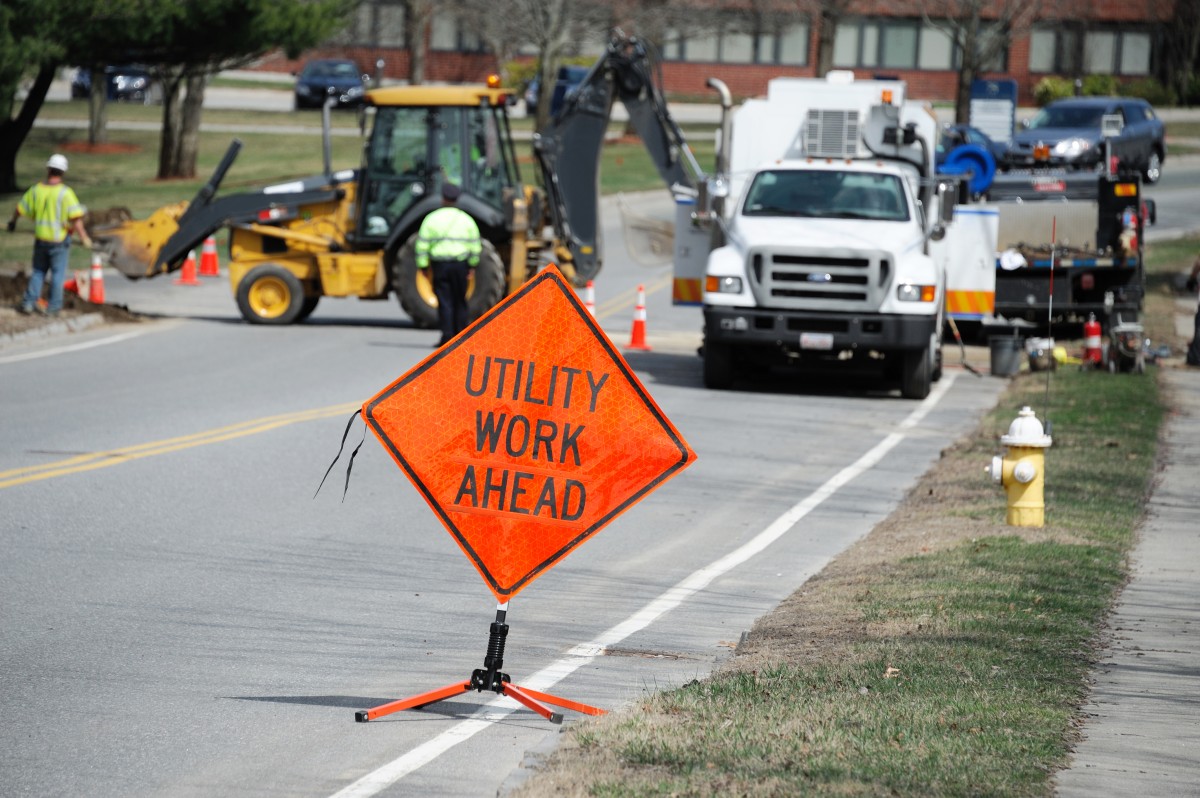Common Myths About Your Bathroom Drain

It’s important that we talk about common myths and misconceptions on our blog. Not just because we like to brag about our plumbing expertise, but because time and time again homeowners are looped into thinking something about their drain that really isn’t true. The more you believe in myths instead of science in regards to your plumbing, the more likely you are to run into expensive problems that we end up having to fix.
When you take the time to educate yourself about bathroom plumbing in Essex County, it really shows. Drains that last longer and clog less can be the result of homeowners who really understand how they work and do their due diligence to contact a plumber when it matters.
So, let’s talk about some myths that surround our plumbing systems and discuss some possible solutions to the problems associated with them. If you’re not satisfied with the information on this blog, make sure you call us for our professional opinion!
Myth #1: Chemical Drain Cleaners Work
If you headed to the grocery store right now, you’d probably see a whole aisle full of chemical drain cleaners. While this may make you feel like they’re a plausible solution to your drain clogging problem, there’s a more sinister reality at play. Chemical drain cleaners might technically work, but when we say work, take that with a very large grain of salt. They actually eat away at the materials that line your plumbing system while they get at clogging material. Not only that, but sometimes they don’t work, and you end up dealing with the fumes, chemical burns, and a ruined plumbing system as a result.
We’re more concerned with discussing plumbing solutions that are tried and tested to work every time. Put that drain cleaner back on the shelf and call us for some healthier options.
Myth #2: A Slow Drain Is Fine
Many of us deal with slow drains at home which can be frustrating. What’s more frustrating is the myth that slow drains are just normal, and you’re going to have drains that operate slowly forever. This is not the case!
Slow drains usually indicate that a clog is forming. Honestly, slow drains can be a great sign to heed, because they allow you time to call a professional plumber to arrive and deal with it before it becomes an actual clog.
Myth #3: Only Call a Plumber as a Last Resort
Far too many times do we arrive at a home to be the last resort. While we’re always happy to help a struggling customer, proactive solutions are always better than reactive ones. If you’re unhappy with the way your drains work, or with a clog that’s forming in your pipes, you can always call us. A plumber doesn’t have to be the solution that comes after you’ve tried everything else—sometimes calling a professional plumber is a quick and simple solution that you know will work.
Give Us a Call
Are you having trouble with your plumbing system? Perhaps you’ve got a slow drain or a clog that’s forming in your bathroom plumbing? Call our team today for expert drain cleaning services.
Call MarGo Plumbing Heating Cooling Inc. for expert plumbing services.
This post first appeared on https://margoplumbing.com
 Something has gone terribly wrong with your plumbing system and you’re scrambling… it seems like your home is bursting at the seams and you just don’t know what to do. First things first—don’t panic! Panicking is what’s going to make a situation that’s already heading south downright catastrophic. The first thing that you want to do is call an
Something has gone terribly wrong with your plumbing system and you’re scrambling… it seems like your home is bursting at the seams and you just don’t know what to do. First things first—don’t panic! Panicking is what’s going to make a situation that’s already heading south downright catastrophic. The first thing that you want to do is call an 


 Leaky pipes are more common than people often think. In fact, your home may have multiple small leaks right now that you’re not aware of. If you think your water usage is higher than it should be, that’s often a warning of these disguised leaks.
Leaky pipes are more common than people often think. In fact, your home may have multiple small leaks right now that you’re not aware of. If you think your water usage is higher than it should be, that’s often a warning of these disguised leaks.

 Sometimes it seems like you can’t really define what a plumbing emergency is. Really, everything that’s going on with your plumbing system can feel like an emergency because there’s always water damage lurking as a consequence. Other times, you might think that something you’re experiencing is pretty slight, but a plumbing professional informs you that it’s classified as an emergency. How can you tell the difference? Well, you can start by getting informed.
Sometimes it seems like you can’t really define what a plumbing emergency is. Really, everything that’s going on with your plumbing system can feel like an emergency because there’s always water damage lurking as a consequence. Other times, you might think that something you’re experiencing is pretty slight, but a plumbing professional informs you that it’s classified as an emergency. How can you tell the difference? Well, you can start by getting informed. Air conditioners function by cooling your air, not the objects in your home. This means you can’t expect peak efficiency and effectiveness from an air conditioner that’s trying to cool air rife with dust. Dust can be a huge detriment to the cooling process, and even though your air conditioner is set up in a way to deal with some of it, you’re going to have to help it.
Air conditioners function by cooling your air, not the objects in your home. This means you can’t expect peak efficiency and effectiveness from an air conditioner that’s trying to cool air rife with dust. Dust can be a huge detriment to the cooling process, and even though your air conditioner is set up in a way to deal with some of it, you’re going to have to help it.